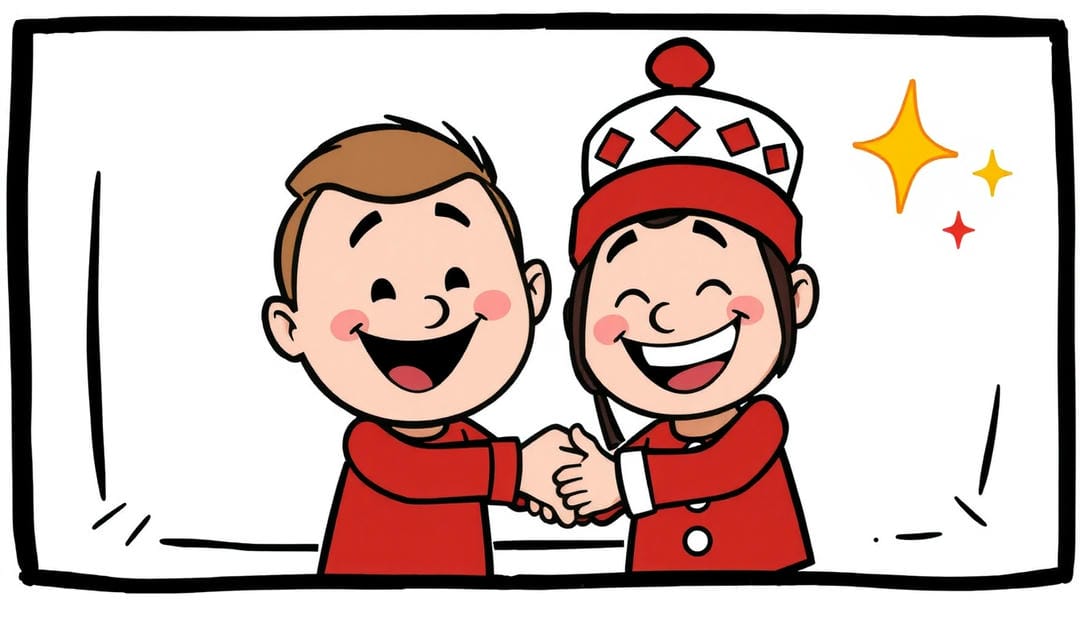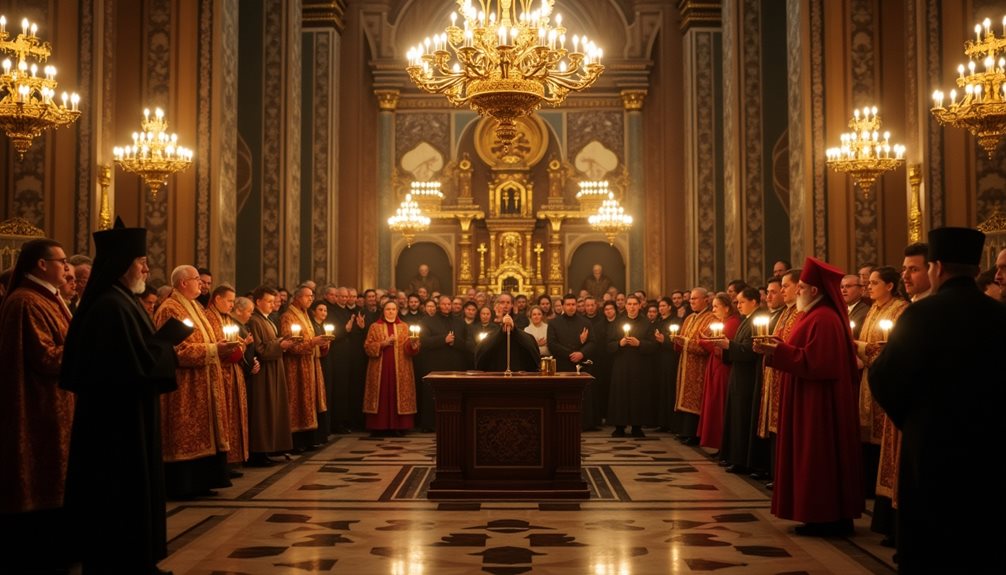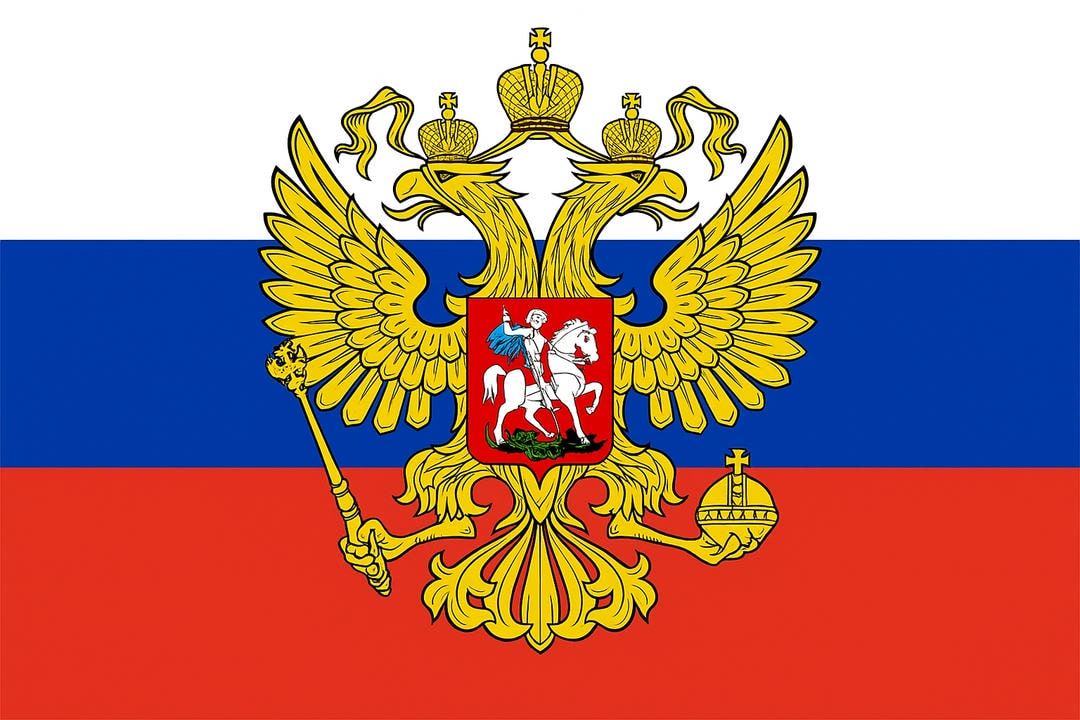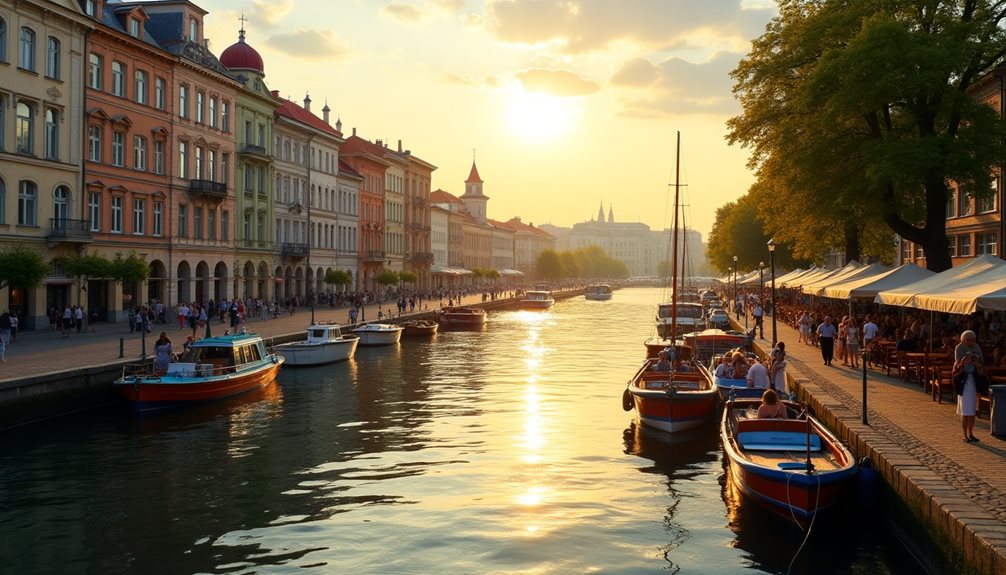The Importance of Knowing How to Greet Someone in Russian
Greeting someone appropriately is a fundamental aspect of communication, especially in a culture as rich and diverse as Russia’s. Understanding how to greet people in Russian not only demonstrates respect for their language and customs but also serves as a bridge to building relationships. In Russia, greetings can vary significantly depending on the time of day, the formality of the situation, and the relationship between individuals. A proper greeting can set a positive tone for interactions, whether in casual settings or formal environments.
Moreover, mastering these greetings can enhance your travel experience, facilitate social connections, and foster mutual respect in both personal and professional contexts. By learning how to greet others in Russian, you open the door to deeper cultural understanding and appreciation, making your interactions more meaningful and enjoyable.
Detailed Explanation of Russian Greetings for English Speakers
- Everyday Greetings:
- Добрый день: Used as a greeting until about 6 pm, meaning “Good afternoon” or “Good day”.
- Доброе утро: Employed in the mornings until noon, translating to “Good morning”.
- Добрый вечер: Applies in the evening after 6 pm until nighttime, meaning “Good evening”.
- Привет: This is an informal greeting, similar to “Hi” or “Hello” in English, suitable for friends and acquaintances.
- Здравствуйте: A universal greeting that can be used at any time of day. It has a formal version, “Здравствуйте,” appropriate for strangers and those who are older or of higher status, and an informal version, “Здравствуй,” for friends and peers.
- Formality and Informality:
- Formal Address: In Russian, the distinction between formal and informal address is important. The word “Вы” is used for formal communication with people you don’t know well or who are older or in a higher position. “Вы” is also the plural form of “ты”.
- Informal Address: The use of “ты” is appropriate when speaking with close friends, family, children, and pets.
- Other Important Points:
- Wishes: You may add some simple inquiries to your greeting, like “Как дела?” (How are you?), “Как ты?” (How are you? – informal), or “Как Вы?” (How are you? – formal).
- Responding to Greetings: One typically responds to “Здравствуйте” with “Здравствуйте” and to “Привет” with “Привет”. To “Как дела?” it is common to answer “Хорошо, спасибо. А у тебя/Вас?” meaning “Good, thank you. And you?”
TIP: Not only will these guidelines will help you not only to greet people correctly in Russian but also to show respect for their age and status.

Test Yourself: Test on Russian Greetings for English-Speaking Students
Instructions: Choose the correct option for each question or fill in the blanks as appropriate. Pay attention to both formal and informal contexts.
Section 2: Short Answer
- Explain when you would use “Здравствуй” versus “Здравствуйте.”
How did you do? Answers for the Test on Russian Greetings for English-Speaking Students
Section 1: Multiple Choice
- b) In the afternoon
- b) Привет
- c) Здравствуйте
Section 2: Fill in the Blanks
- The phrase “Добрый вечер” is used to greet someone in the evening.
- Translate the formal question “How are you?” into Russian: “Как Вы?”
- Respond to the greeting “Здравствуйте” using the same level of formality: “Здравствуйте”
Section 3: True or False
- “Вы” is used for formal communication and is also the plural form of “ты”. (True)
- “Доброе утро” is used in the evening as a greeting. (False)
- It is appropriate to use “ты” when speaking to someone you do not know well in a formal situation. (False)
Section 4: Short Answer
- Explanation of when to use “Здравствуй” versus “Здравствуйте”:
- “Здравствуй”: This is the informal version of “hello” in Russian. It is used when addressing friends, peers, and people of the same age group or younger when a formal relationship is not required.
- “Здравствуйте”: This is the formal version of “hello” in Russian. It is used in formal settings, when addressing strangers, people who are older, or those in higher positions. It is also a universal greeting appropriate for any time of the day.




